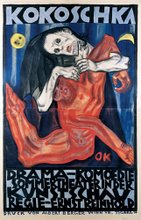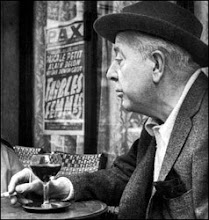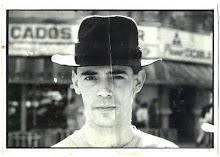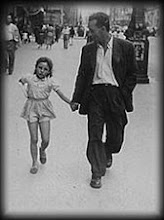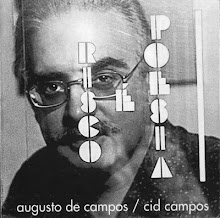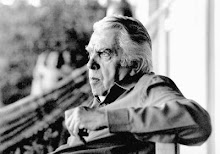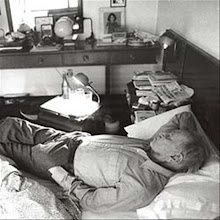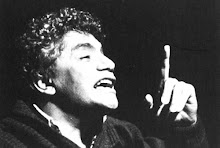The character of Caligari stands for an unlimited authority that idolizes power as such, and, to satisfy its lust for domination, rutlilessly violates all human rights and values. Functioning as a mere instrument, Cesare is not so much a guilty murderer as Caligari's innocent victim. This is how the authors themselves understood him. According to the pacifist-minded Janowitz, they had created Cesare with the dim design of portraying the common man who, under the pressure of compulsory military service, is drilled to kill and to be killed. The revolutionary meaning of the story reveals itself unmistakably at the end, with the disclosure of the psychiatrist as Caligari: reason overpowers unreasonable power, insane authority is symbolically abolished. Whether intentionally or not, Caligari exposes the soul wavering between tyranny and chaos, and facing a desperate situation: any escape from tyranny seems to throw it into a state of utter confusion. Quite logically, the film spreads an all-pervading atmosphere of horror. Like the Nazi world, that of Caligari overflows with sinister portents, acts of terror and outbursts of panic. The equation of horror and hopelessness comes to a climax in the final episode which pretends to re-establish normal life.
Siegfried Kracauer
1889 - 1966


![[...]](https://blogger.googleusercontent.com/img/b/R29vZ2xl/AVvXsEjeNC2Kyxd34r2LuofHe9-vdXHeHwG3_2NhVmIOTlK2moU0Q4R7taMlS8iMmQgEl1-NdaRsPrLdREzfQZYKfUgjslwLZUZe67dAfFBREu-YRx6WGX-vAUt5eJT4_-lFwT4dGzGCQQ/s220/11798115_858304687558226_1857652538_n.jpg)
